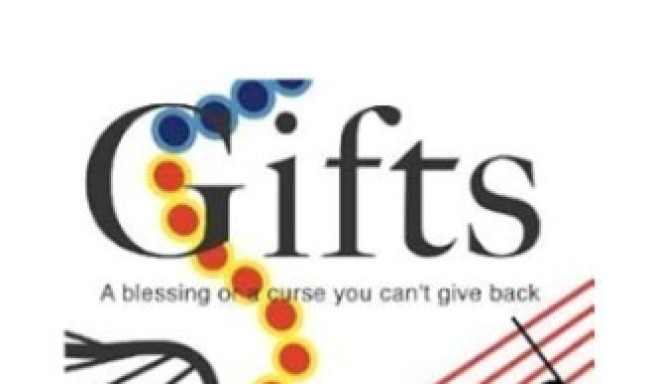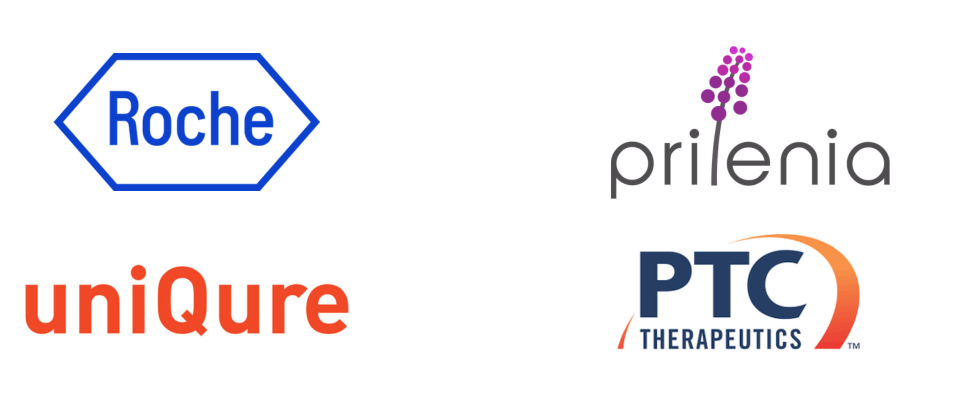We’re pleased to share some encouraging developments from the world of Huntington’s disease research.
Gene Therapy AMT-130 earns breakthrough status
In the United States, a potential gene therapy called AMT-130, developed by uniQure, has been granted Breakthrough Therapy designation by the U.S. Food and Drug Administration (FDA). This status is given to promising treatments that show early signs of significant benefit.
AMT-130 is a one-time treatment delivered directly into the brain. It targets the root cause of Huntington’s disease by lowering levels of the harmful huntingtin protein. Early trial results are very encouraging—patients who received the higher dose saw their disease progression slow by up to 80% compared to an external control group.
This designation will help speed up the development and review of the therapy, moving us closer to a possible future treatment that could alter the course of the disease.
Tominersen trial continues at higher dose
Roche has provided an update on its GENERATION HD2 trial of tominersen, a huntingtin-lowering drug. After a review of the data by an independent safety committee, the trial will continue—but only using the higher dose of the drug.
This suggests that the higher dose may offer more benefit while still being safe for participants. The trial remains active and ongoing, with patients continuing their treatment as planned.
Pridopidine: a step closer to approval in Europe
As shared previously, Prilenia Therapeutics have submitted a Marketing Authorisation Application to the European Medicines Agency for pridopidine, an oral drug designed to help slow the progression of Huntington’s disease.
Unlike many current treatments that only manage symptoms, pridopidine aims to protect brain cells and maintain function for longer. If approved, it could become the first treatment in Europe focused on slowing disease progression.
In a new development, Prilenia has announced a collaboration and license agreement with Ferrer, a pharmaceutical company with experience in neurological conditions. This partnership will help bring pridopidine to patients faster by supporting its commercialisation and development across Europe and other select regions. A decision from European regulators is expected in 12 to 14 months, with the UK after that.
PTC518 study hits its Primary Goal
Another promising drug, PTC518, has just reached its primary endpoint in a key clinical trial called PIVOT-HD. Developed by PTC Therapeutics, this oral drug aims to reduce levels of the toxic huntingtin protein in people with Huntington’s disease.
The trial results showed that PTC518 successfully lowered huntingtin levels in participants over 12 weeks, and it did so safely, with no major side effects. This is exactly what researchers hoped to see at this stage, which means the drug can now move forward to further testing.
This is particularly encouraging because PTC518 is taken by mouth (like a tablet), making it potentially easier to use than some other treatments currently in development.
Cath Stanley, Chief Executive of Huntington's Disease Association, said
“It shows that the global research community is listening to the voices of families living with Huntington’s disease and pushing hard to deliver meaningful treatments. While these developments are still progressing through trials and approvals, they represent a significant step forward for people affected by Huntington’s.”
What’s next
We will continue to keep you informed as these treatments move through the next stages, and as always, we’re here to help you understand what it means for you and your family.
Read the press announcement by Prilenia





